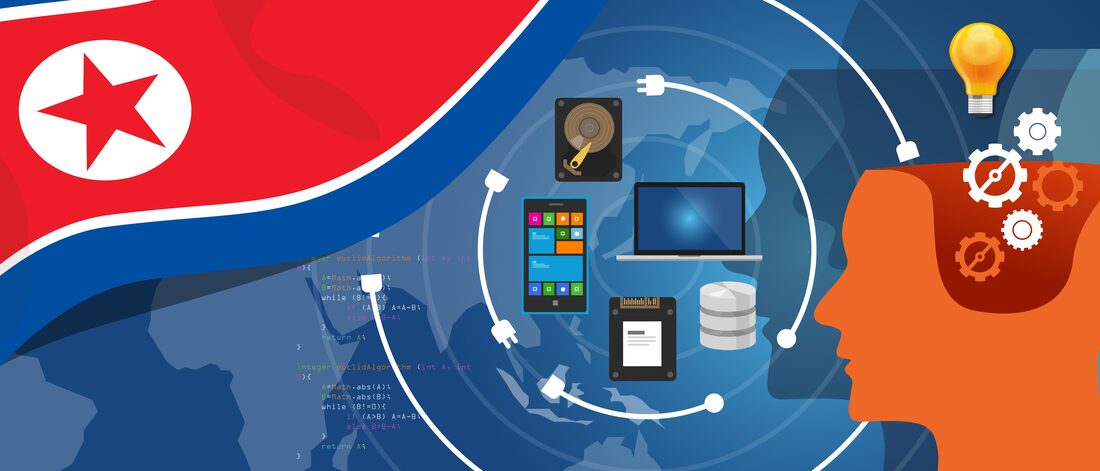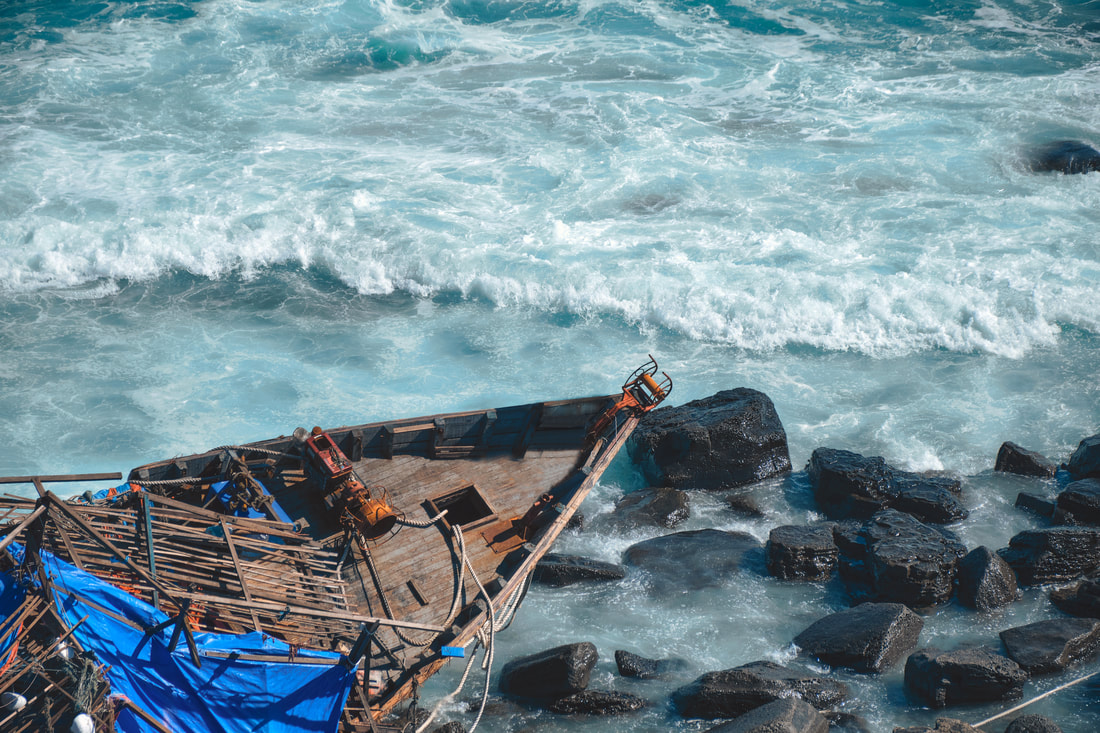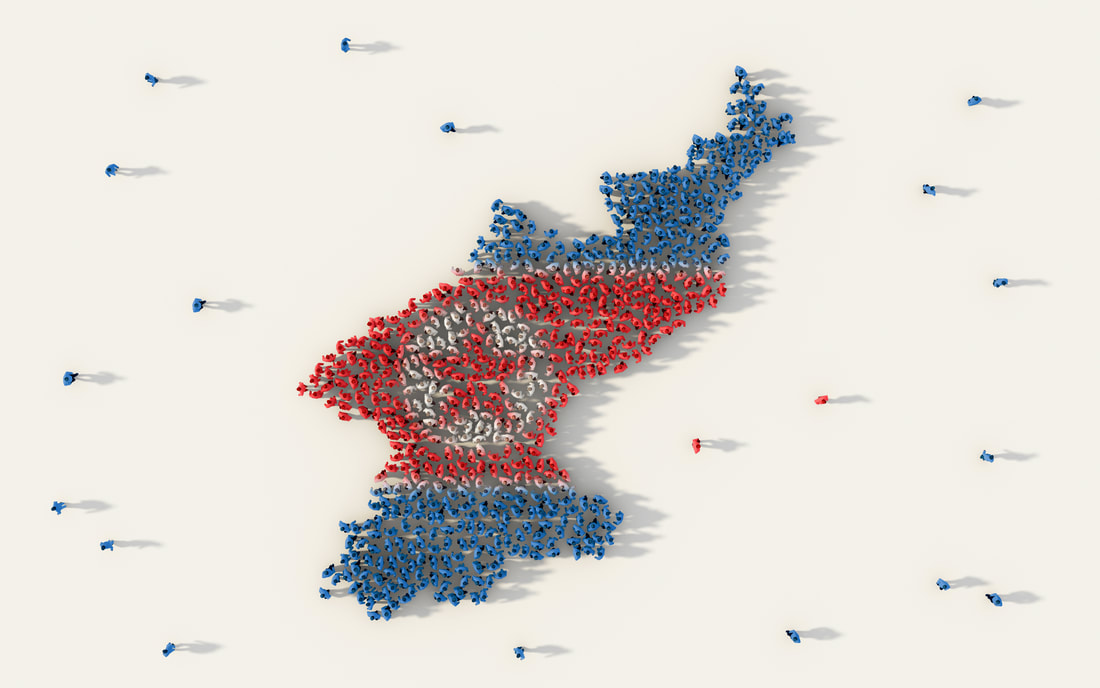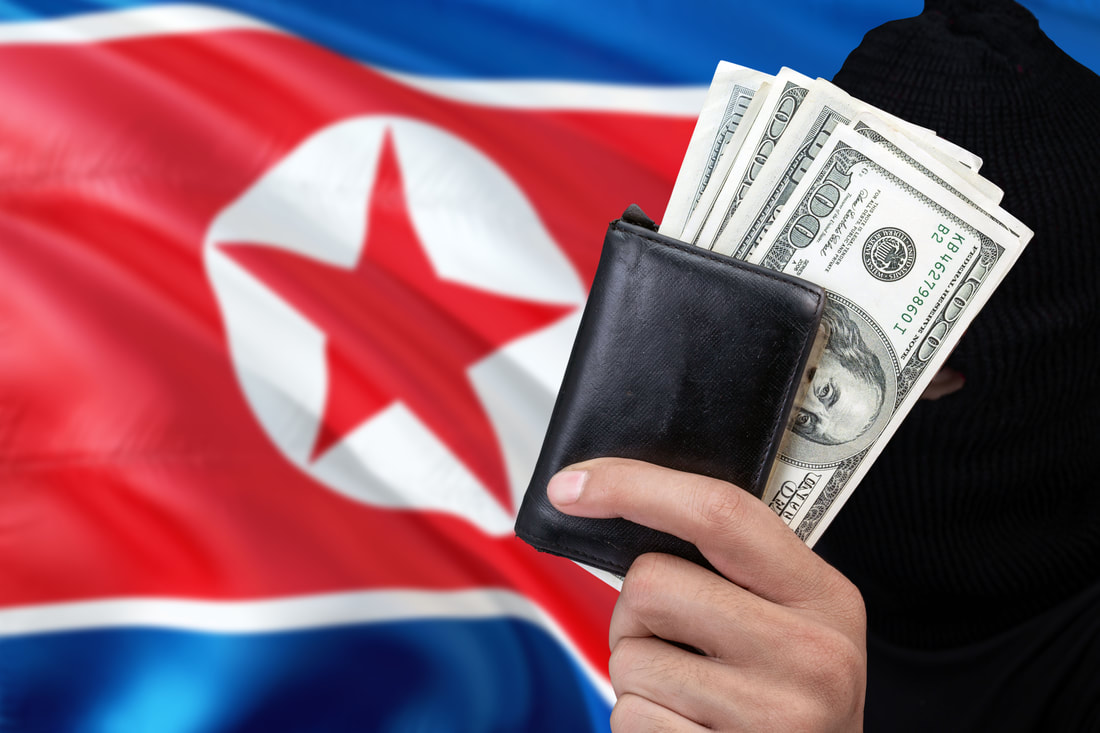Using Proactive Information Campaigns to Break the North Korean Regime’s Information Suppression10/28/2020 By Junsoung “Steve” Kim, HRNK Research Intern
Edited by Rosa Park, HRNK Director of Programs and Editor and Benjamin Fu, HRNK Research Intern October 28, 2020 Freedom of information is a universal right. However, to maintain absolutism and the ruling class' vested rights, the Kim family—North Korea's reigning regime—has attempted to completely prevent the acquisition of outside information by its citizens. Kim Jong-un's desire to retain autocracy has made North Korea the most reclusive country in the world. However, the rapid growth of information technology has weakened the North Korean regime’s control mechanisms over the communications infrastructure.[1] According to Martyn Williams, author of Digital Trenches: North Korea’s Information Counter-Offensive, the regime uses information and communication technology to maintain social and political control. Pyongyang applied information technologies to build a "mosquito net" surveillance system, which blocks outside information from flowing in. For example, North Korea only allows digital communication through the state-run intranet and internet (for a select few elites), media platforms, and software operating systems.[2] Therefore, the North Korean regime uses information technology to maintain an Orwellian society that strictly monitors its own people.[3]
1 Comment
By Timothy Goo, HRNK Research Intern
Edited by Rosa Park, HRNK Director of Programs and Editor and Benjamin Fu, HRNK Research Intern October 21, 2020 As demonstrated by Kim Jong-un’s frequent visits to fishing towns and examinations of fish repositories, the regime highly values its fishing industry.[1] This industry plays an essential role in attracting foreign currency and funding the state’s nuclear weapons and ballistic missile programs.[2] Data from 2017 indicates that mollusks were the third largest export for North Korea.[3] With the passing of resolution 2371 in August 2017, the United Nations (UN) Security Council instituted a series of stricter sanctions that included targeting the North Korean fishing industry. Resolutions 2371, 2375, and 2397 prohibited the procurement of seafood from North Korea, joint ventures between North Korea and other countries without UN approval, and North Korea from selling or transferring fishing rights.[4] By Kathryn Wernke, HRNK Research Intern
Edited by Rosa Park, HRNK Director of Programs and Editor and Benjamin Fu, HRNK Research Intern October 6, 2020 The North Korean regime and its control over its population rely heavily on the propagandized version of both the state and the world that it feeds to its people. However, as outside information flows into the country, a shift in the internal climate is providing a unique opportunity for social change. While generally seen as closed off and heavily controlled, North Korea has seen an increasingly available influx of information about the rest of the world.[1] Lately, illegal Chinese cell phones and other technologies smuggled across the border and spread throughout the nation via informal, grey markets have driven this trend. Likewise, the number of officially registered cellular devices in the country has drastically increased. Currently, North Korean mobile networks cover areas with approximately 94% of its population, thus connecting North Koreans in an unprecedented way.[2] Isolation and fear have been key components in the regime’s survival, but, as external media becomes more widely available, the Kim family faces a looming threat of an evolving society.[3] By Jeune Kim, HRNK Research Intern
Edited by Rosa Park, HRNK Director of Programs and Editor and Benjamin Fu, HRNK Research Intern October 1, 2020 On the third anniversary of Otto Warmbier’s passing, HRNK hosted a conversation with Warmbier’s mother, Cindy Warmbier. Mrs. Warmbier and her husband, Fred, have been actively chasing North Korean financial assets and raising awareness about the Kim regime’s human rights abuses. During the conversation, Mrs. Warmbier emphasized the need to sustain pressure on North Korea and expressed her frustration with the U.S. government’s inability to properly respond to Pyongyang’s transgressions and illegal activities. |
DedicationHRNK staff members and interns wish to dedicate this program to our colleagues Katty Chi and Miran Song. Categories
All
Archives
June 2024
Categories
All
|




 RSS Feed
RSS Feed
